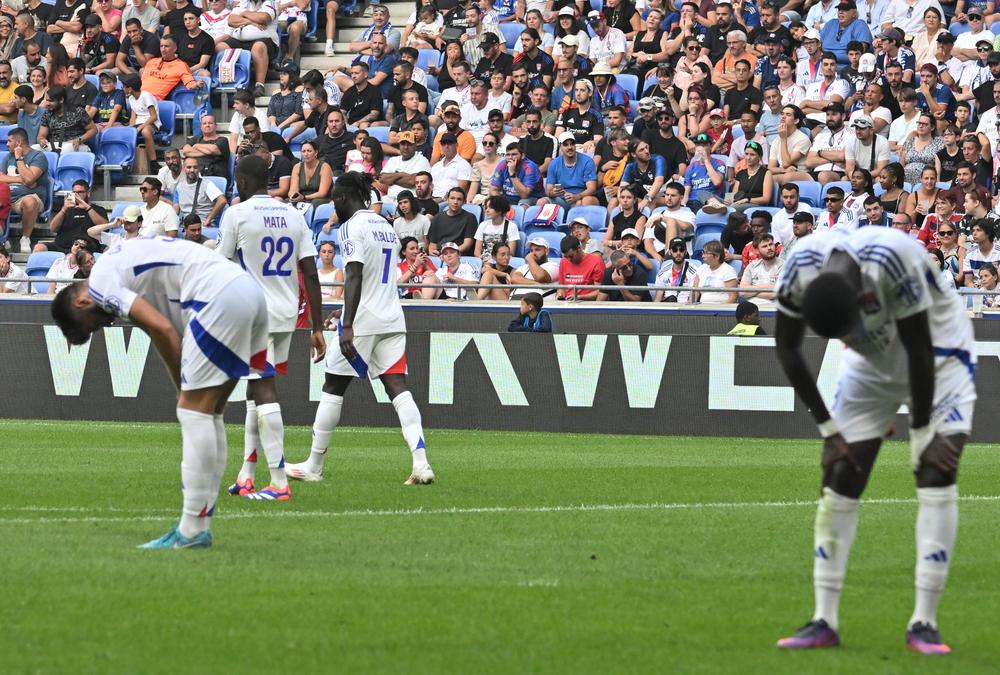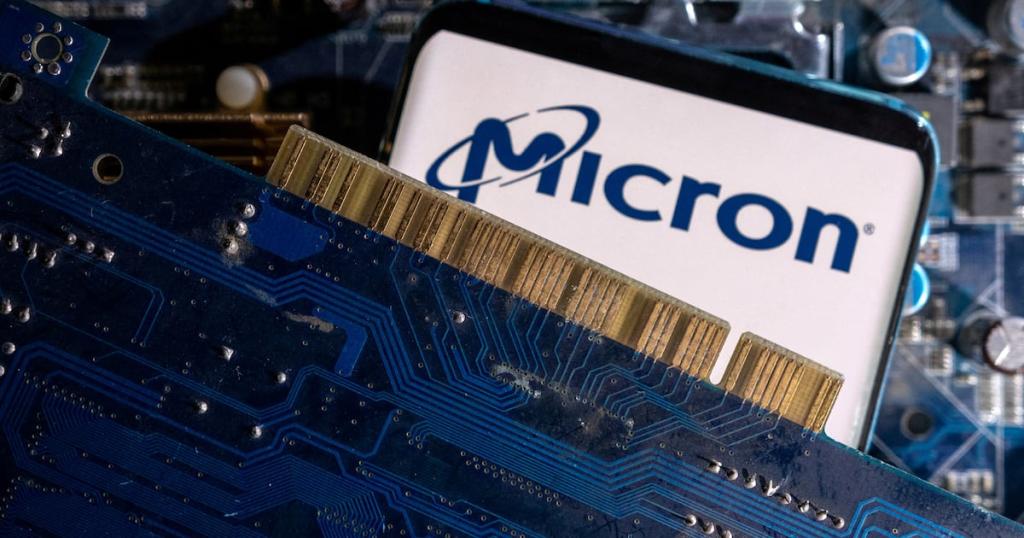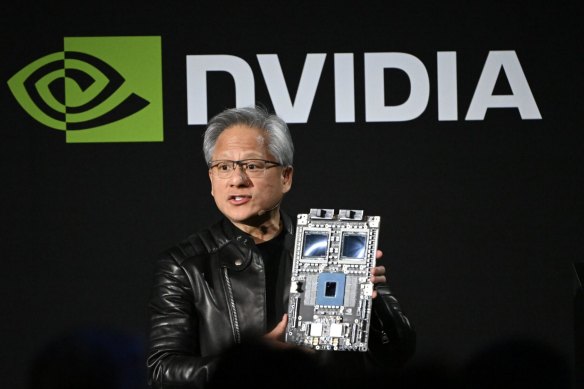NFL Opens Doors to Private Equity Investment in Team Ownership
The NFL's historic shift to allow private equity investment promises to revolutionize team ownership and enhance financial opportunities across the league.
Key Points
- The NFL has approved allowing private equity firms to buy up to 10% stakes in teams, marking a significant change in ownership policy.
- This move is expected to increase capital for franchise owners while enabling new avenues for team management and profitability.
- By joining the trend set by other major sports leagues, the NFL aims to adapt to rising team valuations and attract diverse investment sources.
The world of sports ownership is undergoing a significant transformation, particularly in the realm of American football. Recent developments from the National Football League (NFL) indicate a progressive shift as league owners have voted to allow private equity firms to acquire minority stakes in their teams. This bold move is set to open up new financial avenues for team owners while potentially reshaping the league's ownership landscape. This blog explores the implications of this historic decision and the exciting prospects it holds for the NFL.
Understanding the Changes
In a landmark decision made during a special meeting in Minnesota, NFL owners have approved regulations that permit private equity firms to buy up to 10% of franchise ownership in the league. This change ends the NFL's long-standing position as the only one of the major US sports leagues that did not allow institutional investment. While the NFL has historically relied on individual owners or families to finance teams, it now seeks to tap into the vast resources of the private equity sector. Companies like
, Arctos Partners, and a consortium including
and Carlyle have been named as approved investors.

The Financial Landscape of NFL Teams
With the average value of an NFL team skyrocketing to approximately $5.1 billion, the appeal of private equity involvement becomes evident. To put this into perspective, the recent sale of the
for $6.05 billion set a record for the sale of a sports team. Such astronomical valuations highlight the financial strain on potential buyers, even those with billionaire status. By allowing private equity firms to invest, NFL owners can generate significant capital for essential expenditures like stadium upgrades and other facility enhancements, ensuring their teams remain competitive and profitable.
A Shift in Ownership Dynamics
This decision represents more than just a financial maneuver; it signifies a considerable shift in how NFL teams could be structured moving forward. With the NFL now opening its doors to institutional investments, the traditional ownership model may evolve to accommodate a wider range of investors. This diversification can lead to innovative strategies for team management and profit generation.

Lessons from Other Sports Leagues
The NFL's decision to embrace private equity is not unprecedented. Other major leagues, such as the NBA, MLB, and NHL, have long allowed investment firms to hold minority stakes, with permissible investments reaching up to 30% in some cases. The NFL's cautious 10% cap reflects a desire to maintain control while recognizing the benefits that come from broadening the investment base. As seen in European football, where clubs have welcomed significant investment, the impact on a team's financial health can be substantial, injecting much-needed capital for expansion and talent acquisition.

Looking Ahead: Potential Impacts
As institutional investors enter the NFL, the league could witness an influx of new ideas, strategies, and financial resources that can propel it to unprecedented heights. The potential for increased revenue streams and operational efficiencies is enormous. However, this shift must be carefully managed to integrate with the league's core identity while maximizing growth and profitability for all stakeholders.

In summary, the NFL’s decision to explore private equity investment is a pivotal moment that could reshape the future of team ownership. By allowing investment firms to acquire stakes, the league not only enhances its financial stability but also opens avenues for innovative management and enhanced fan experiences. As we observe these changes unfold, the collaboration between traditional ownership and institutional investors holds the promise of ushering in a new era for America’s beloved sport.


